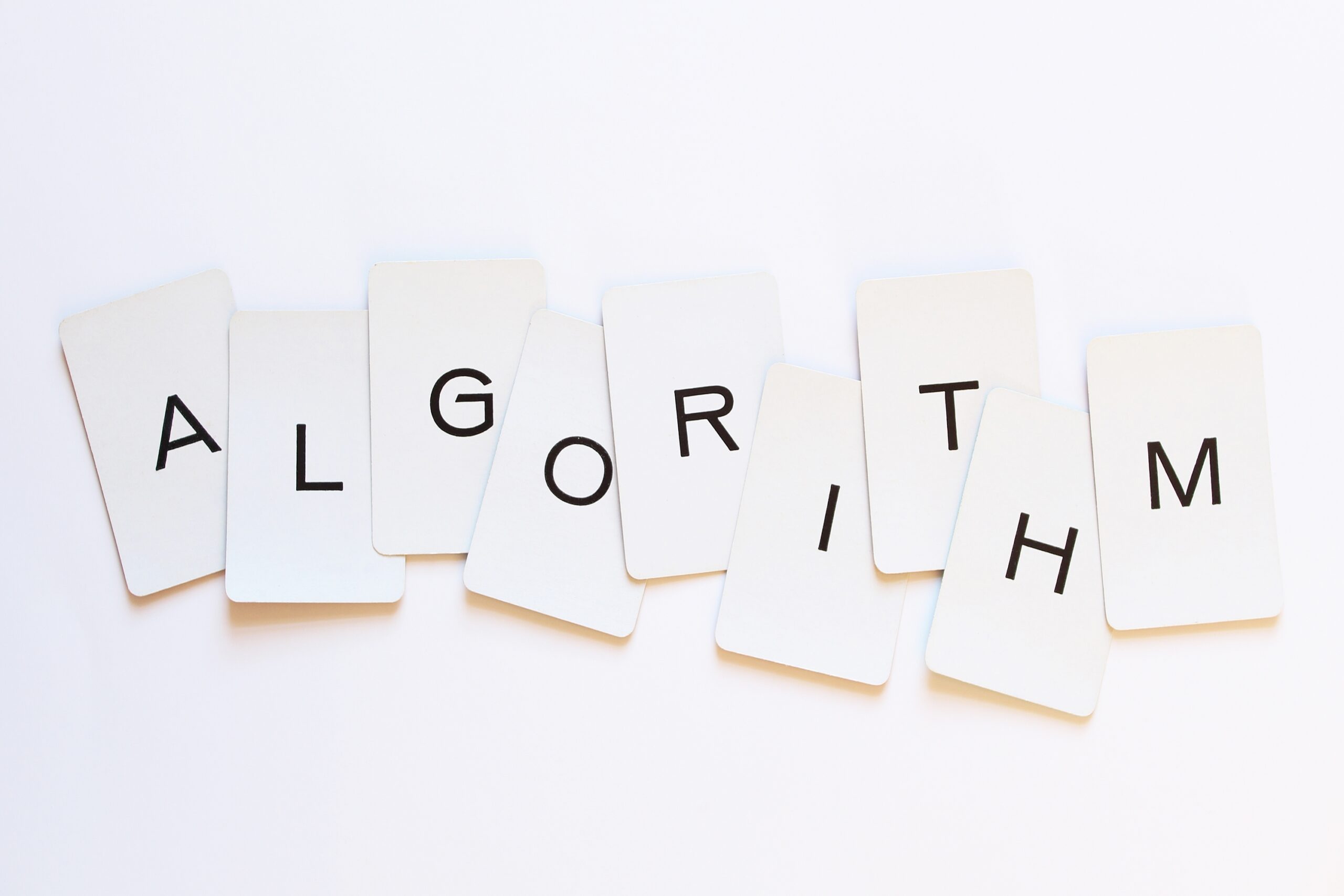Drafting The Definition Section of an AI Contract

Creating a comprehensive list of AI-specific definitions for an AI contract can help ensure that both parties have a clear understanding of the terms and concepts involved. Here are suggested definitions for key terms in an AI contract:
-
Artificial Intelligence (AI)
The development of computer systems and software that can perform tasks typically requiring human intelligence, such as visual perception, speech recognition, decision-making, and natural language understanding.
-
Machine Learning
A subset of AI that involves the development of algorithms and statistical models that enable computer systems to perform tasks and make decisions without explicit instructions, relying on patterns and inferences from data instead.
-
Input Data
Data that is used as input for the execution of an AI solution or for training and validation purposes. Input data may originate from existing IT systems, Internet of Things (IoT) sensors, external sources, or be synthetic or generated through simulations.
-
Output Data
Data generated by an AI model as a result of processing input data. Output data may include predictions, classifications, prescribed actions, or new data generated by AI models, such as generative adversarial models that produce new images, videos, sounds, or text.
-
AI Model
A representation of a function, logic, or knowledge in an AI solution that processes input data to generate output data. Examples of AI models include knowledge graphs, decision trees, neural networks, and deep learning networks.
-
Algorithm
An explicit procedure, typically implemented in a programming language, used to generate or train an AI model. In the context of AI contracts, this term often refers to the learning procedure used to create a model, such as supervised, unsupervised, or reinforcement learning.
-
AI Tool/Platform
A software environment designed to develop, test, deploy, and manage AI solutions. This may include gathering training and validation data, training AI models using algorithms, and managing the deployment and maintenance of AI solutions.
-
AI Hardware
Dedicated, specialized hardware designed for AI purposes, often used for compute-intensive deep learning tasks. This can include GPUs, TPUs, or other specialized processors designed to accelerate AI computations.
By including these AI-specific definitions in your contract, you can help ensure that both parties have a clear understanding of the key terms and concepts involved in the AI project, reducing the potential for misunderstandings or disputes in the future.















